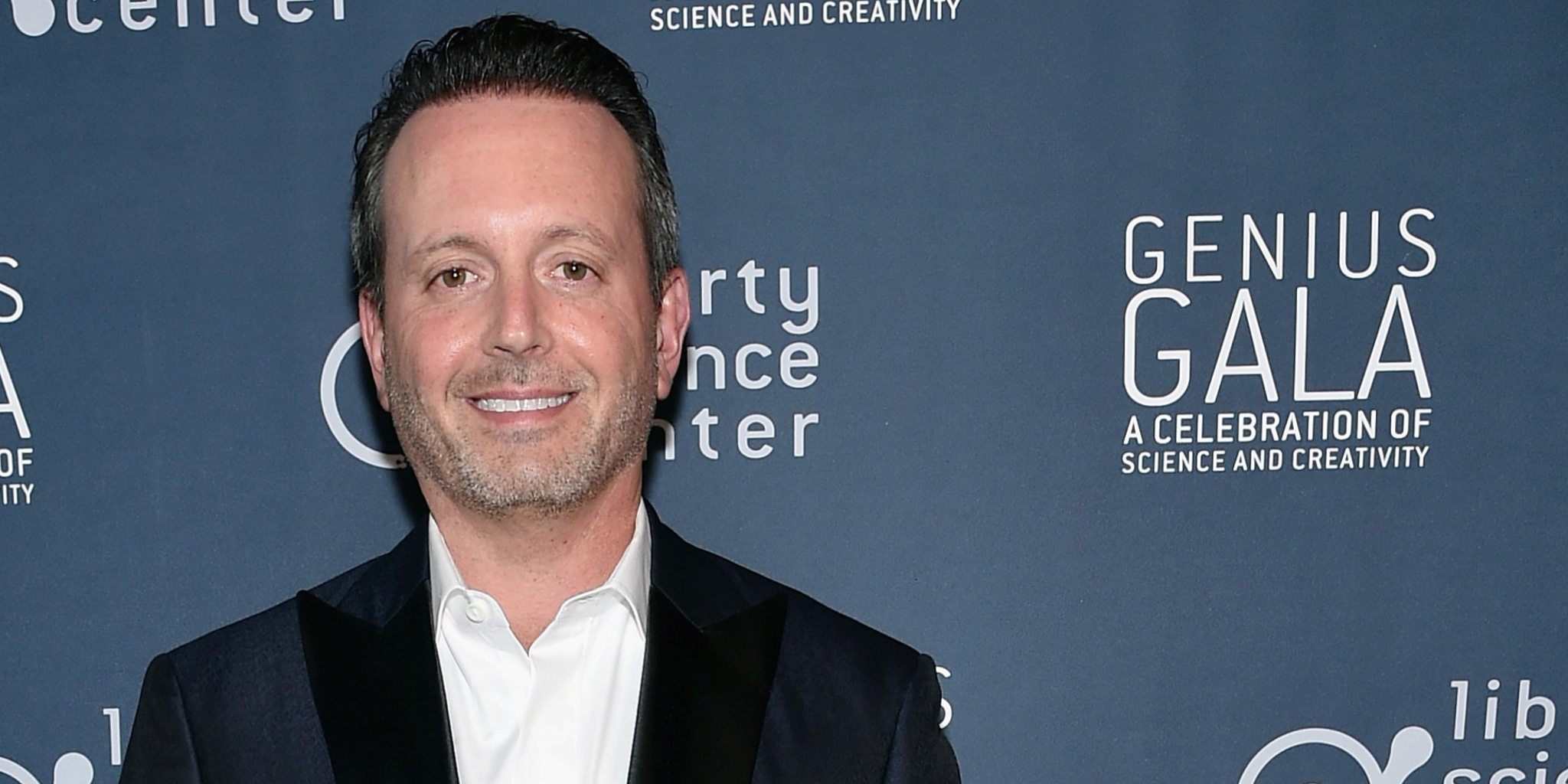
Brent Saunders [Getty Photos]
AbbVie seals $63B deal to buy a troubled Allergan — spelling out $1B in R&D cuts
Brent Saunders has found his way out of the current fix he’s in at Allergan $AGN. He’s selling the company to AbbVie for $63 billion in the latest example of the hot M&A market in biopharma.
Sign up to read this article for free.
Get free access to a limited number of articles, plus choose newsletters to get straight to your inbox.